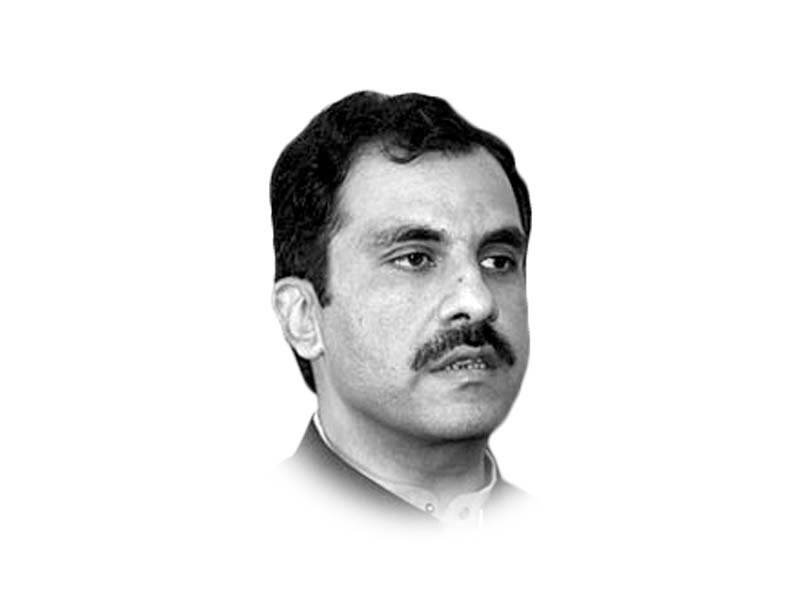
World leaders are converging on Glasgow for the 26th Conference of Parties to deliberate actions on keeping Mother Earth cool! COP 26 will be looking ambitiously on securing global net zero by mid-century and keep 1.5 degrees within reach; adapting to protect communities and natural habitats; mobilising finances; and bringing the countries of the world together. In this show of realities, we are offering but aesthetics.
The developing countries like Pakistan are amongst the least emissions contributors but are ironically the most threatened ones by climate change. A lack of robust support — both financial and technical — from the developed world would curtail any progress in keeping the planet cool as of pre-industrial times given the overstressed socio-economic interests of developing world that would necessarily clash with the ambitious provisions of Paris Agreement.
Pakistan submitted its Nationally Determined Contributions as actions it promised to take under the Paris Agreement, in 2016. Those NDCs were based on two major variables namely the CPEC boom and the expected accelerated GDP growth. Both of these seem currently to have not happened mainly due to political variations and the horrific advent of Covid-19 that shook the global economy. The NDCs are therefore to be revised and revised massively.
However, one of the features that will permanently halt progress on managing the environment and climate affair would be the governance structure required to actually implement any commitments. The NDCs of 2016 recognised the Ministry of Climate Change as the focal body for implementing those initiatives whereas in practical instance, the Ministry has lost any executionary role after the 18th Constitutional Amendment. Even worse, the Pakistan Climate Change Act and the provisions under it for organising a highly empowered Pakistan Climate Change Authority, Climate Change Council, and Climate Change Fund remain in limbo until this time. The MEAs contextual localisation remains something yet to be done by the Ministry. The comprehensive NCCP 2012 and the Environment Policy 2005 are still idle though ideal documents. This questions the governance cracks within our country for not only managing the affairs of Paris Agreement but also of the issue of environment and climate change as a whole.
Being extremists, in the positive sense, we did not think of what to devolve and what not to and without any science or art, we made a list of issues to be devolved and included environment in the list too without understanding the intricacies attached with it. Environment and climate change is not one subject that can be dealt with on regional or provincial levels giving it such localised version. The melting of glaciers has an impact on the deserts of Thar just as the smog of Lahore has an impact on the dry lands of Balochistan. How an environmental issue is limited to a region given the small size of the country like Pakistan and the ecological variety of the provinces is best known to the thinkers who thought to devolve the rippling subject of environment to the provinces.
Environment and climate change are issues most neglected and poorly managed until now. History bears testimony to our major inclination to brown environment rather than working through this climate quagmire through green environment. There is need for a strong and centralised approach in managing this affair of environment in our country. The provinces are acting in silos and without a central vision each one is organising its efforts on levels limited by cross-sectoral approaches. The links within the environment are not made and this is cracking our entire efforts of managing the climate affair. With things as they are, the governance structure will deteriorate further and efforts will not create a synergy level required to confront climate change. Environment was, is and will never be an issue to have been devolved and must not succumb to political versions of thoughts.
Published in The Express Tribune, October 2nd, 2021.
Like Opinion & Editorial on Facebook, follow @ETOpEd on Twitter to receive all updates on all our daily pieces.



1732266251-0/Josh-Brolin-(1)1732266251-0-165x106.webp)
1732266343-0/BeFunky-collage-(82)1732266343-0-165x106.webp)








COMMENTS (2)
Comments are moderated and generally will be posted if they are on-topic and not abusive.
For more information, please see our Comments FAQ